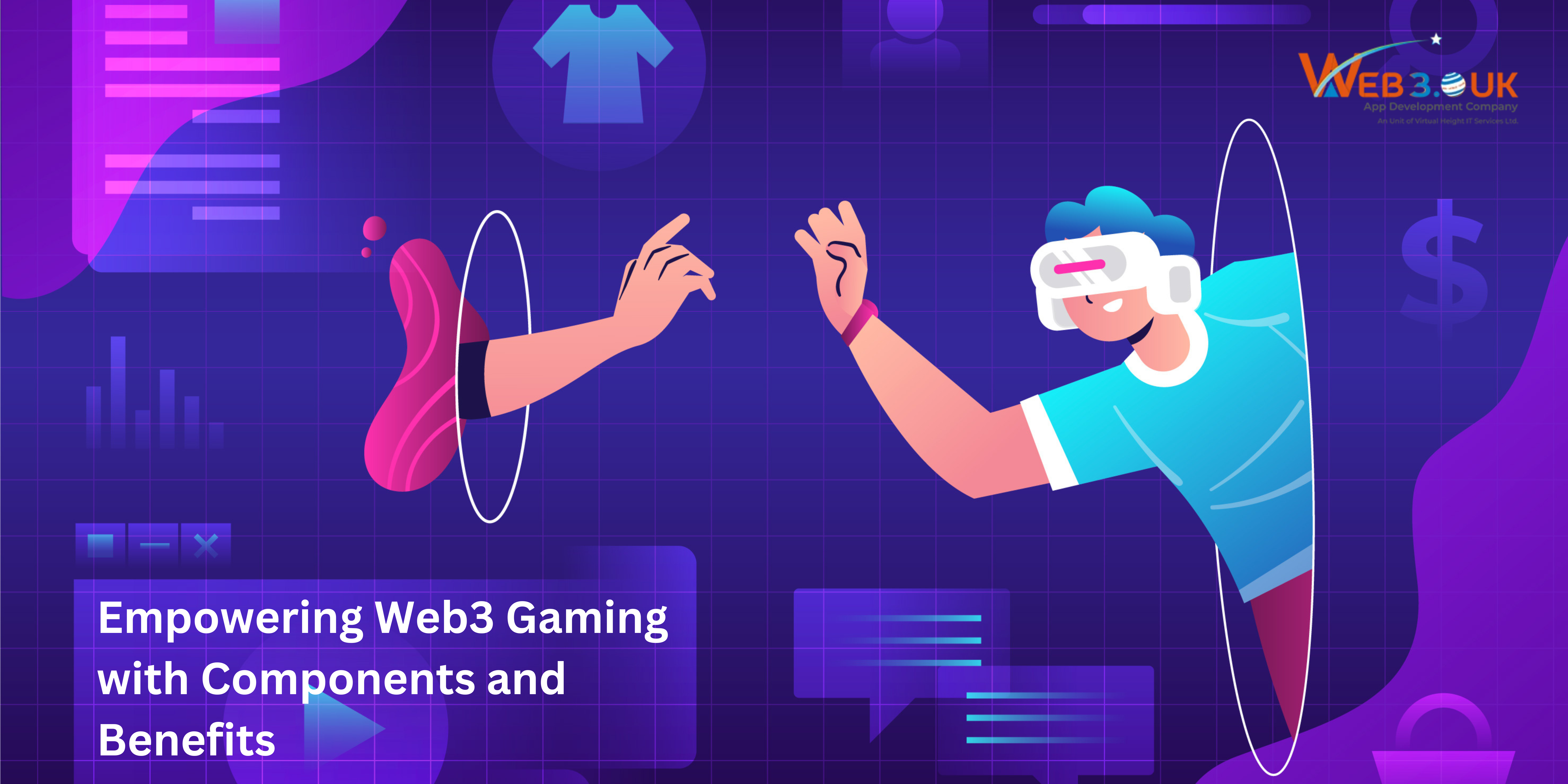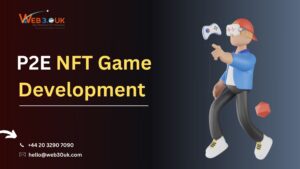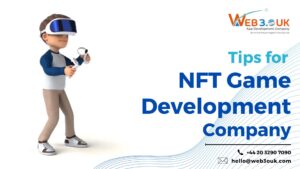In today’s rapidly evolving digital landscape, Web3 gaming has emerged as a disruptive force that is revolutionizing the gaming industry. With its decentralized nature, enhanced security, and innovative features, Web3 gaming is set to redefine the way we experience and interact with games. In this article, we will explore the components and benefits of Web3 gaming, shedding light on its immense potential and why it is becoming increasingly popular among gamers and developers alike.
What is Web3 Gaming?
Web3 gaming refers to the integration of blockchain technology, decentralized networks, and digital assets within the gaming ecosystem. It leverages the power of blockchain to create a transparent, secure, and immersive gaming environment where players have full ownership and control over their in-game assets.
The Components of Web3 Gaming
1. Blockchain Technology
Blockchain forms the foundation of Web3 gaming. It is a distributed ledger technology that enables the creation of secure and tamper-proof gaming experiences. By recording all transactions and interactions on an immutable blockchain, players can trust the integrity and fairness of the game mechanics.
2. Decentralized Networks
Web3 gaming relies on decentralized networks, which are peer-to-peer networks powered by blockchain technology. These networks eliminate the need for centralized authorities, allowing players to engage directly with each other without intermediaries. This decentralized structure enhances security, reduces latency, and fosters a more inclusive gaming community.
3. Digital Assets
One of the key attractions of Web3 gaming is the concept of digital assets. These assets are unique, provably scarce, and can be owned and traded by players. Through the use of non-fungible tokens (NFTs), players can acquire rare in-game items, characters, and virtual land, giving them true ownership and the ability to monetize their virtual possessions.
4. Smart Contracts
Smart contracts are self-executing agreements encoded on the blockchain. In Web3 gaming, smart contracts define the rules and conditions of the game, ensuring transparent and automated gameplay. These contracts enable secure peer-to-peer transactions, enforce property rights, and facilitate complex in-game mechanics such as item crafting, auctions, and decentralized marketplaces.
➦ Related Article: What is Web 3.0
The Benefits of Web3 Gaming
1. True Ownership and Interoperability
Web3 gaming empowers players with true ownership of their in-game assets. Unlike traditional games where items and progress are confined to closed ecosystems, Web3 gaming allows players to freely transfer, trade, and sell their digital assets. Moreover, the interoperability of blockchain networks enables seamless integration of assets between different games and platforms, fostering a vibrant and interconnected gaming ecosystem.
2. Enhanced Security and Trust
By leveraging blockchain technology, Web3 gaming enhances security and trust in the gaming experience. The transparent and immutable nature of the blockchain ensures that game outcomes and asset owners cannot be tampered with or manipulated. This instills confidence in players, knowing that their achievements and investments are secure and protected from fraudulent activities.
3. Play-to-Earn Opportunities
Web3 gaming introduces exciting play-to-earn opportunities, where players can earn real-world value through their in-game activities. By participating in the ecosystem, players can generate income by selling rare items, providing in-game services, or contributing to the development and governance of the gaming platform. This economic empowerment allows gamers to monetize their skills and passion.
4. Community-Driven Development
Web3 gaming fosters a collaborative and community-driven approach to game development. Through decentralized governance models, players can actively participate in decision-making processes, propose improvements, and vote on key changes. This inclusive environment promotes innovation, diversity, and a sense of ownership among the gaming community, leading to more engaging and player-centric experiences.
Conclusion
Web3 Gaming represents a paradigm shift in the gaming industry, leveraging blockchain technology to create immersive, secure, and player-centric experiences. With its decentralized networks, digital assets, and smart contracts, Web3 gaming offers true ownership, enhanced security, play-to-earn opportunities, and community-driven development. As this innovative approach continues to evolve, it has the potential to reshape the gaming landscape, empowering both players and developers alike. Embrace the future of gaming with Blockchain Technology and unlock the endless possibilities of Web3 gaming.
FAQs (Frequently Asked Questions)
Q1: How does Web3 gaming empower players?
A1: Web3 gaming empowers players by providing true ownership of in-game assets, opportunities to earn real-world value, and the ability to influence the direction of the game through community governance.
Q2: What are non-fungible tokens (NFTs) in Web3 gaming?
A2: NFTs are unique digital tokens that represent ownership of specific in-game assets. They enable players to truly own and control their virtual items, with the ability to buy, sell, and trade them on decentralized marketplaces.
Q3: Can I earn money by playing Web3 games?
A3: Yes, Web3 gaming introduces play-to-earn mechanics, allowing players to earn real-world value by engaging with the game. Through completing tasks, achieving milestones, or participating in events, players can earn rewards in the form of cryptocurrencies or valuable NFTs.
Q4: What are the economic opportunities in Web3 gaming?
A4: Web3 gaming provides economic opportunities for players, ranging from earning additional income to pursuing careers in gaming. Through play-to-earn mechanics and decentralized marketplaces, players can monetize their skills and assets, creating new avenues for financial independence and entrepreneurship.









